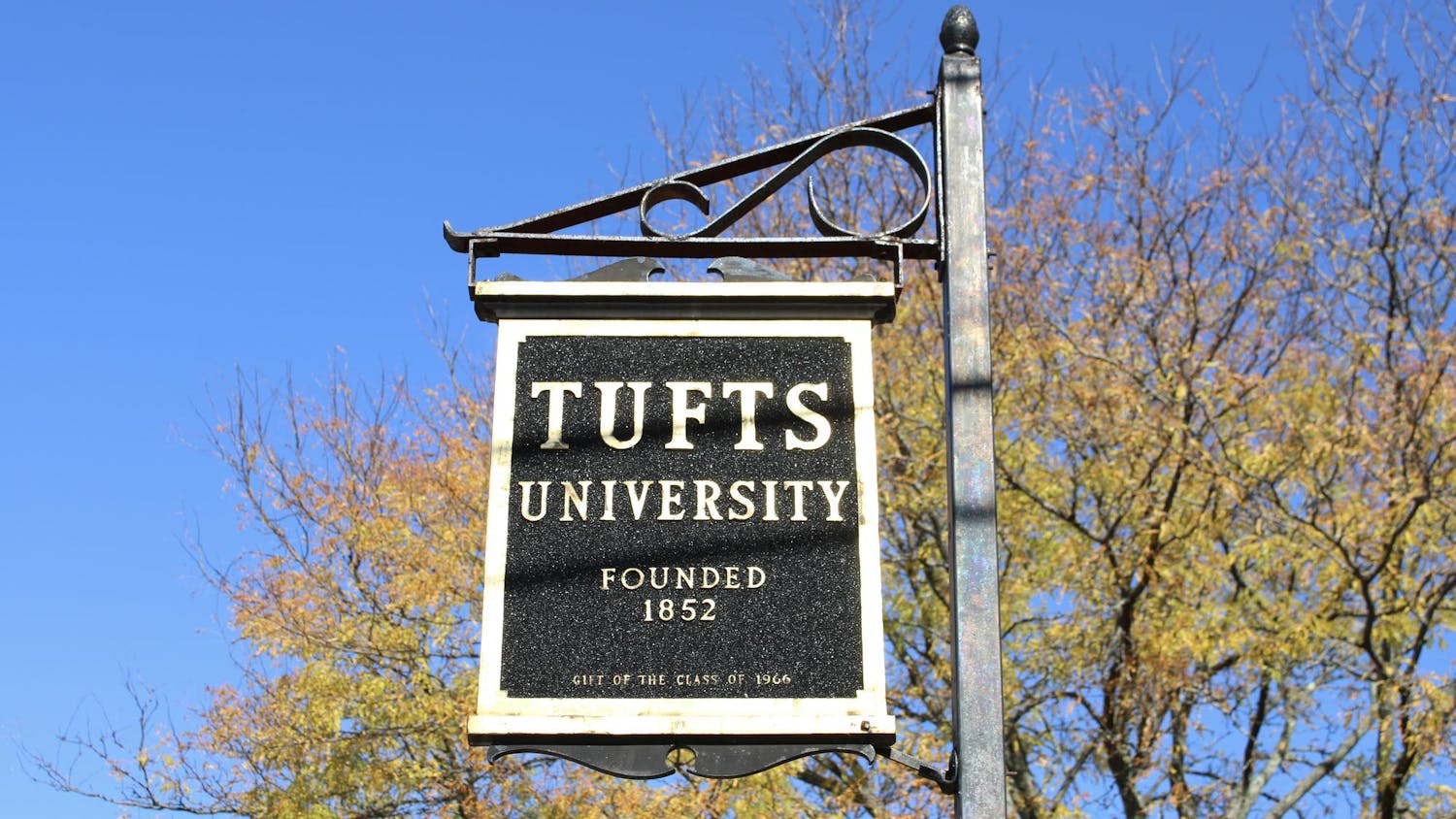Yesterday, the Task Force on Freedom of Expression released its long-awaited draft to the Tufts community. The document, largely devoid of substance, was focused primarily on pinning down a working definition of the respect Tufts students owe to one another.
As members of the Daily, we are not entirely displeased with the decision. The First Amendment received its due as a governing principle. No journalistic freedoms were seriously curtailed and no new oversight was proposed. Concrete policy was, in fact, entirely absent from the statement. From the standpoint of journalism at Tufts, the report will ruffle very few feathers.
That said, the student body as a whole should have some concerns with this statement. There is the same ambiguity as before in university policy concerning the relationship between First Amendment rights and the protection of students' general well-being. Nothing was really clarified, and no big changes in regulation will likely result. It is disappointing and unfortunate, therefore, that the task force, created almost entirely as part of the administration's response to hateful speech on campus, has yielded what seems more like a press release than a substantive prelude to useful policy.
This should not be read entirely as an indictment of the task force itself, of course, nor of its members or its methodology. The group members deliberated for nine months, had over 20 meetings with members of the campus community and redrafted their statement numerous times in order to incorporate as much feedback as possible. Even now that the draft has been made public, its members are encouraging students to read the statement and send in their comments so they can be considered before the final document is sent to University President Lawrence Bacow.
The task force has been diligent and forthright with its duties and its purpose since its inception. The problem, perhaps, is that the task before it was somewhat ambiguous in the first place. Bacow charged the group with "recommending proposed policy language regarding freedom of expression at Tufts University that can be presented for adoption by the Board of Trustees." Whether they were supposed to emerge with suggestions for workable guidelines or a simple definition of freedom of speech as it pertains to Tufts is unclear. Indeed, the fact that two people can reasonably disagree about the group's purpose is a problem, because it ensures that everyone will be at least somewhat disappointed with the outcome.
Anything more specific, of course, would have come under fire regardless of its viewpoint. A more policy-oriented response would have drawn criticism either for being too circumscriptive of First Amendment rights or for allowing the verbal and emotional abuse of students. There was no easy solution.
But the task force was established in response to a particular set of incidents and events, and its members were — at least ostensibly — charged with crafting an actual response. In the end, they punted. This simply is not the constructive resolution that students were hoping for. So after nine months and all those meetings with community members, nothing at all has changed. That, undoubtedly, is what should disappoint the most.





